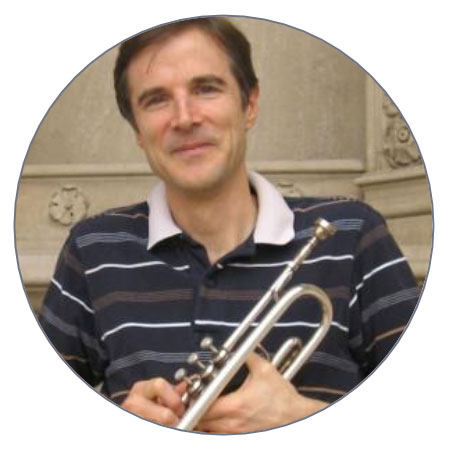

Plus, more well-rounded young people may be better able to connect with audience members at a human level. So, to the extent that a style of music values other elements of “entertainment,” it’s possible that young music performers are advantaged somewhat by having other interests. These visual and bodily aspects of music performance are not likely learned during long hours of isolated practicing of a musical instrument. For example, in much pop music, performers are expected to dance and exhibit other dramatic elements on stage. Other styles of music are broader themselves, and, as such, they seem to accommodate more breadth or well-roundedness in performers. It reflects the value system of classical music.

Extreme specialization-for example, focusing on only one musical instrument and one type of performance on it-seems to be beneficial in classical music. This likely depends on the style of music a child is doing. Is it better for a child musician to specialize early or can being well-rounded be a benefit? They look like they are personally engaged and rewarded by their music making, and they enjoy the cheers and applause of adoring audiences. This can account for the confidence that prodigies seem to perform with. What usually helps in this is when young musicians are allowed (by the adults around them) to do with their music making what kids like to do: have fun and be playful, experiment and “mess around” with stuff, and gain the attention and praise of others. But to sustain that effort and keep the attention of a child, the area of performance must be genuinely enjoyable and rewarding to the young musician. Exceptional skill acquisition does require effort, usually through deliberate practice, which is why supportive parents and important others are present among prodigies. We tested this definition by asking musicians and.
#Music prodigy uneversity professional#
The most widespread definition characterizes a prodigy as a child who, at a very young age (typically before 10) performs at an adult professional level (Feldman & Goldsmith, 1986). Rather than revere them as unwitting recipients of unexplainable supernatural talent (outside of their or anyone’s control), we should celebrate prodigies for the support and nurturing they’ve been provided, and for the personal interest and drive they’ve developed in themselves. Little empirical research has been conducted on prodigies, in no small part due to the fact that there exists no agreed-upon definition with which to identify them. It is for this reason that prodigies should be celebrated.


 0 kommentar(er)
0 kommentar(er)
